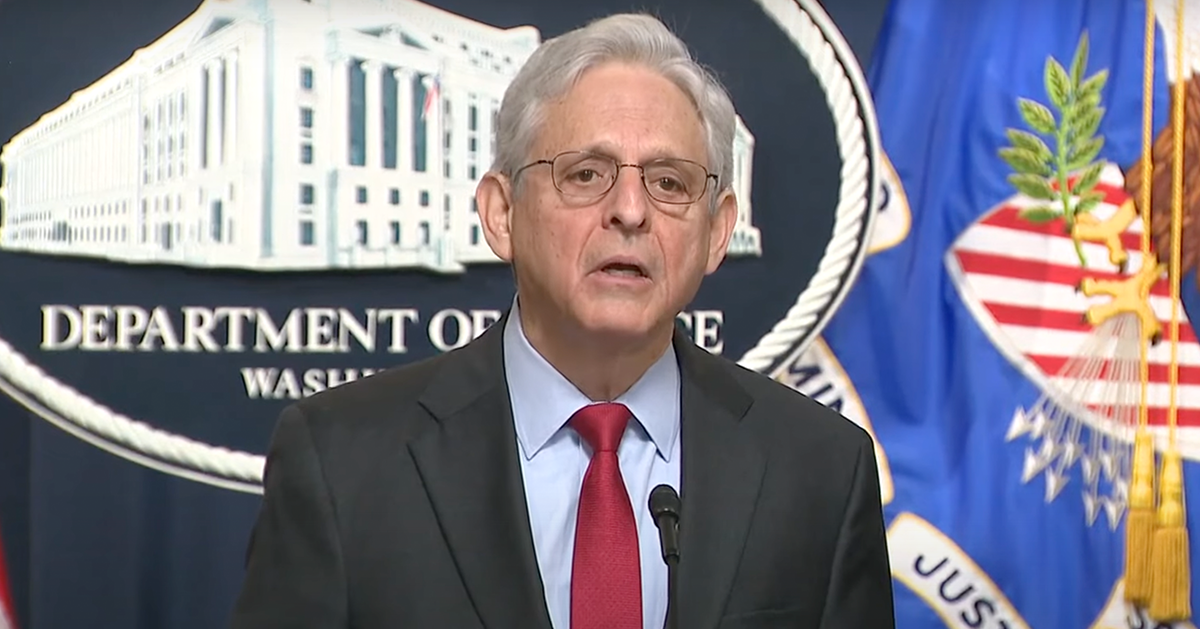Federal Judge Halts Release of Second Half of Special Counsel Report on Trump
A federal judge has taken an unexpected step in the investigation concerning President Donald Trump's handling of classified documents.
Judge Aileen Cannon has restricted the release of the second volume of special counsel Jack Smith’s report to Congress, highlighting concerns about possible widespread disclosure and its implication for the defendants, and the decision marks a significant development in the ongoing legal proceedings involving the president, as Fox News reports.
The first installment of the report, covering alleged election interference by Trump, was previously made available to a selective group of congressional members under strict conditions. However, this was not the case for the second section, which deals with classified document management issues linked to the former president.
Concerns Drive Ruling
Waltine Nauta and Carlos De Oliveira, both co-defendants, had attempted to block the release of both volumes, raising objections about potential biases.
Despite these concerns, Judge Cannon had decided against their request for the first part last week, allowing its controlled release to a limited audience in Congress. This demonstrates a crucial moment in the revelations surrounding Trump's activities.
The core of the judge's concern lies in the risk of the report becoming publicly accessible, which could influence the fairness of proceedings for the individuals involved. Judge Cannon stated that releasing the report under the proposed terms poses a "substantial and unacceptable" threat to the defendants' rights.
Special counsels are often expected to release comprehensive reports detailing their investigative observations, as well as decisions related to prosecution or declination. This process ensures transparency and accountability in high-profile legal inquiries.
Context of Investigation
In the broader context of similar investigations, Attorney General Merrick Garland has previously allowed for the release of findings by other special counsels, including John Durham and Robert Hur. These instances set a precedent for sharing critical investigative results with governing bodies to inform legislative oversight.
Trump has publicly dismissed Smith’s findings as a misleading document, further complicating the narrative surrounding the investigation. This denial contributes to the polarized public opinion of the ongoing legal matters involving the former president.
The judge's recent ruling underscores the sensitivity surrounding investigations tied to national security and classified information. It highlights the judiciary's role in balancing transparency with safeguarding judicial integrity and the rights of those implicated.
Balancing Transparency and Protection
This decision comes amid ongoing debates about the extent to which Congress should have access to sensitive documents arising from high-level investigations. While some argue that access is essential for informed legislative oversight, others contend it could compromise the fair trial rights of those accused.
The debate over transparency versus protection continues to be a focal point in legal circles, drawing attention to the practices and standards governing the release of investigative materials. As these discussions unfold, the judiciary steps into a challenging role of mediating between conflicting interests and priorities.
The blocking of the second volume sheds light on what the judiciary perceives as potential risks tied to premature or unfettered disclosure of investigative findings. It also raises questions about what future legal strategies might look like for Trump's defense team and how they might seek to navigate these complex proceedings.
Future of Investigation
The broader implications of the judge's decision are yet to be fully understood, suggesting a closely watched development in the unfolding story of legal battles involving Trump and his network. The legal community, along with policymakers, remain attentive to how this might impact future cases involving classified information.
Judge Cannon's decision also touches on longstanding judicial norms regarding the handling of sensitive investigative data. Historically, such information is disseminated with caution, ensuring procedural fairness and avoiding any pre-trial publicity that might hamper judicial outcomes.
In this case, the emphasis is placed firmly on the necessity to uphold these norms while weighing the rationale for any deviations from established protocols. The discussions sparked by this case may influence future deliberations about balancing openness in government with protecting the integrity of legal processes.
What Comes Next?
The path forward in this investigation remains uncertain, with the potential for further legal challenges and rulings shaping its course. As both sides consider their subsequent moves, the story continues to capture significant national interest due to its impact on democratic norms and legal practices.
Ultimately, how this situation unfolds may set vital precedents for handling similar cases in the future, particularly those involving high-profile political figures and sensitive national security issues. The nation's attention remains fixed on subsequent developments and their broader implications for justice and governance.






